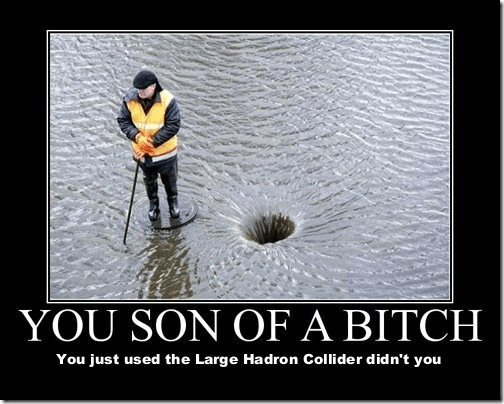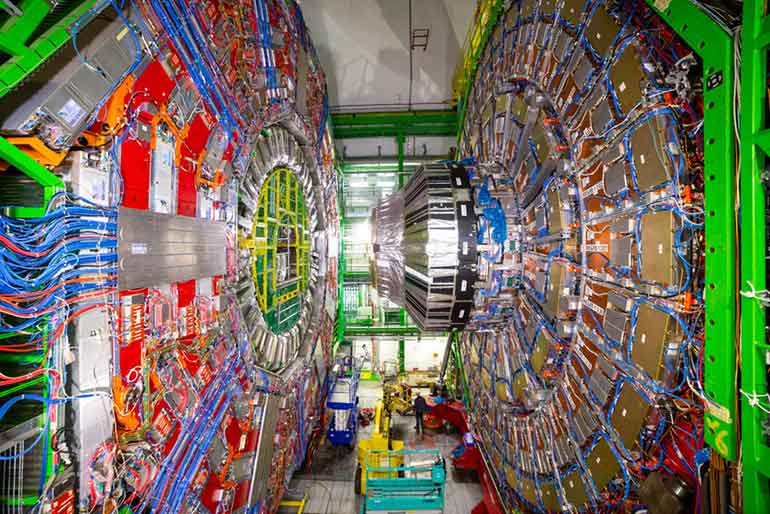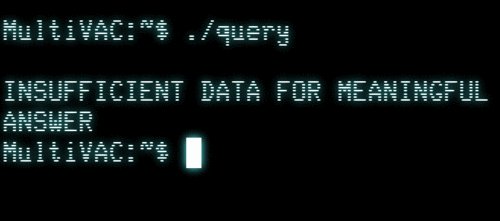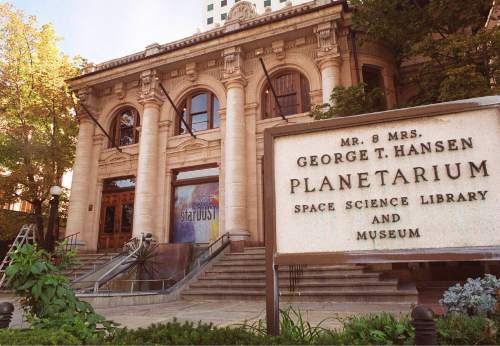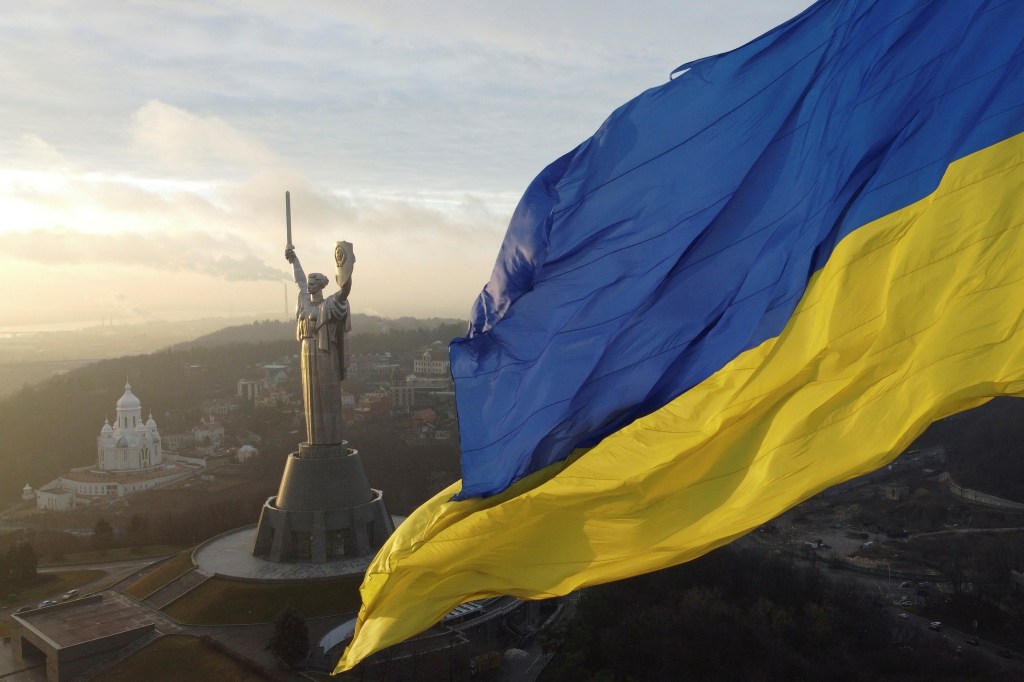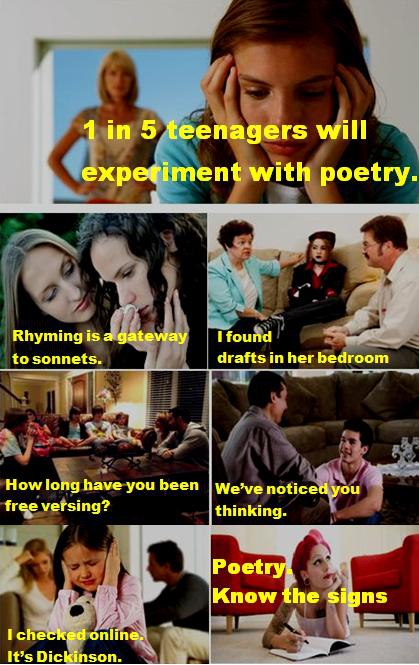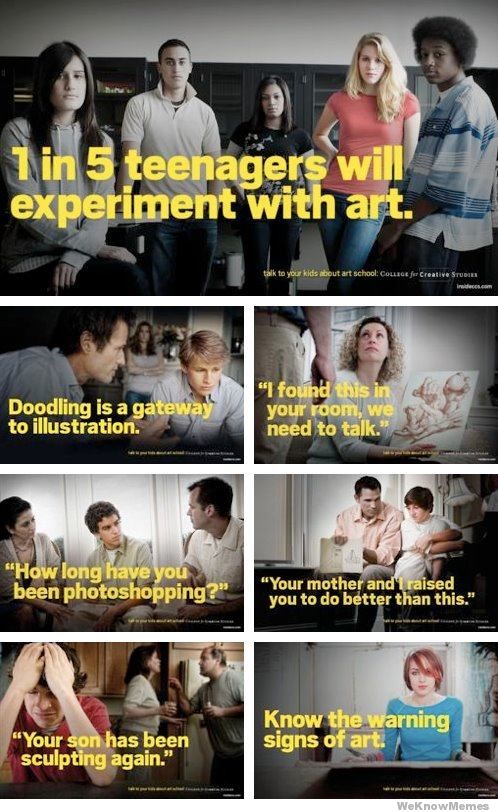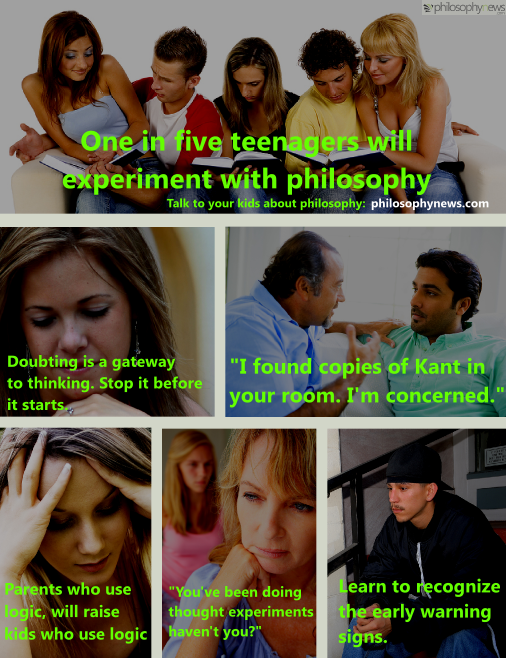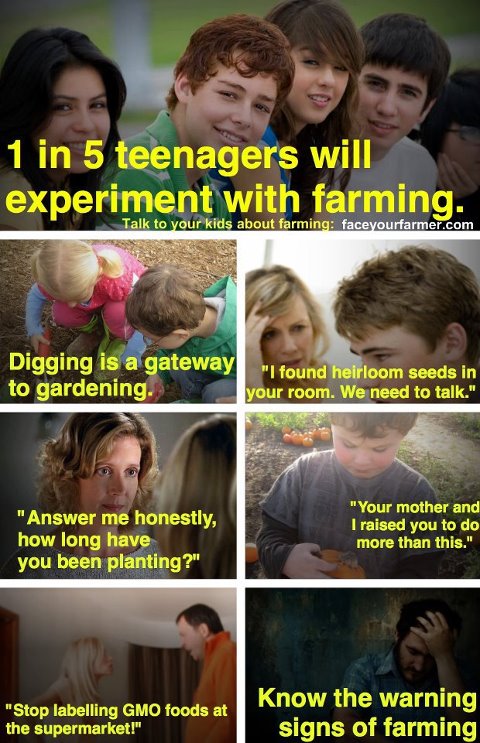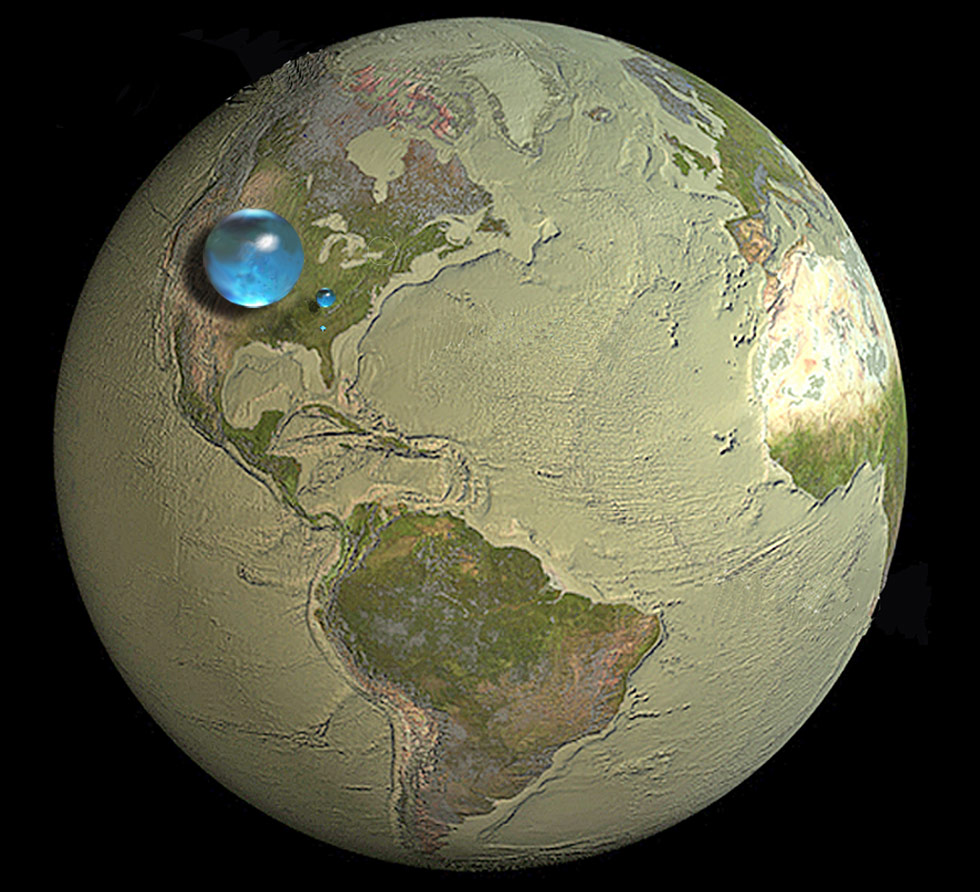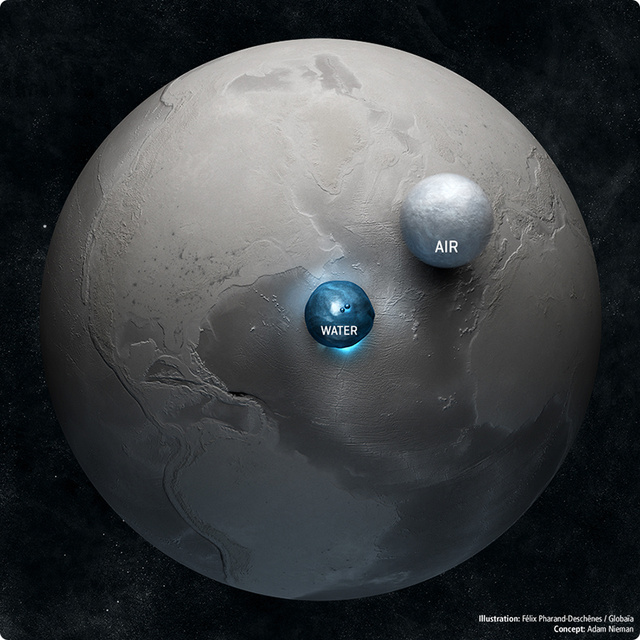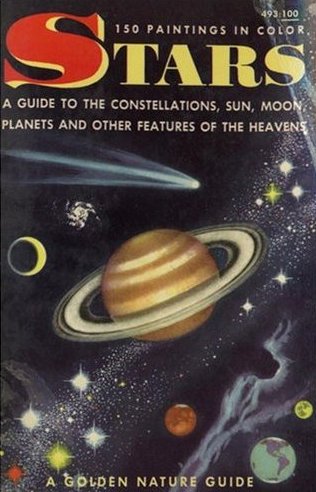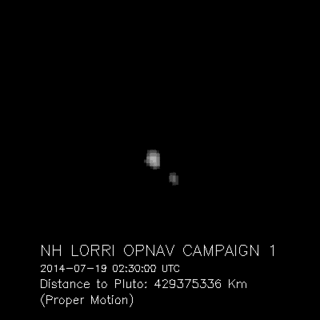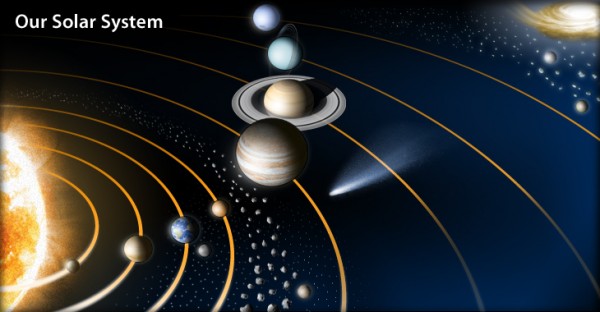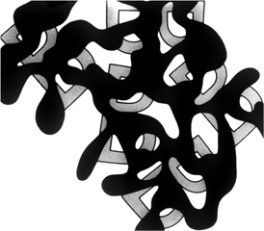The Internet is a huge thing. I try to stay abreast of world and current events, but without a positronic brain, I sometimes miss things.
It needs to be shared.
What’s more impressive was the comment left by user /u/tired_of_nonsense, which I replicate here with the writer’s express permission. If you care about this island Earth we live on, it’s worth the read, in full.
Throwaway for a real scientist here. I’d make my name, research area, and organization openly available, but the fact of the matter is that I don’t like getting death threats.
I’m a perpetual lurker, but I’m tired of looking through the nonsense that gets posted by a subset of the community on these types of posts. It’s extremely predictable.
- Ten years ago, you were telling us that the climate wasn’t changing.
- Five years ago, you were telling us that climate change wasn’t anthropogenic in origin.
- Now, you’re telling us that anthropogenic climate change might be real, but it’s certainly not a bad thing.
- I’m pretty sure that five years from now you’ll be admitting it’s a bad thing, but saying that you have no obligation to mitigate the effects.
You know why you’re changing your story so often? It’s because you guys are armchair quarterbacks scientists. You took some science classes in high school twenty years ago and you’re pretty sure it must be mostly the same now. I mean, chemical reactions follow static laws and stuff, or something, right? Okay, you’re rusty, but you read a few dozen blog posts each year. Maybe a book or two if you’re feeling motivated. Certainly, you listen to the radio and that’s plenty good enough.
I’m sorry, but it’s needs to be said: you’re full of it.
I’m at the Ocean Sciences Meeting in Honolulu, sponsored by ASLO, TOS, and AGU. I was just at a tutorial session on the IPCC AR5 report a few days ago. The most recent IPCC report was prepared by ~300 scientists with the help of ~50 editors. These people reviewed over 9000 climate change articles to prepare their report, and their report received over 50,000 comments to improve it’s quality and accuracy. I know you’ll jump all over me for guesstimating these numbers, but I’m not going to waste more of my time looking it up. You can find the exact numbers if you really want them, and I know you argue just to be contrary.
Let’s be honest here. These climate change scientists do climate science for a living. Surprise! Articles. Presentations. Workshops. Conferences. Staying late for science. Working on the weekends for science. All of those crappy holidays like Presidents’ Day? The ones you look forward to for that day off of work? Those aren’t holidays. Those are the days when the undergrads stay home and the scientists can work without distractions.
Now take a second before you drop your knowledge bomb on this page and remind me again… What’s your day job? When was the last time you read through an entire scholarly article on climate change? How many climate change journals can you name? How many conferences have you attended? Have you ever had coffee or a beer with a group of colleagues who study climate change? Are you sick of these inane questions yet?
I’m a scientist that studies how ecological systems respond to climate change. I would never presume to tell a climate scientist that their models are crap. I just don’t have the depth of knowledge to critically assess their work and point out their flaws. And that’s fair, because they don’t have the depth of knowledge in my area to point out my flaws. Yet, here we are, with deniers and apologists with orders of magnitude less scientific expertise, attempting to argue about climate change.
I mean, there’s so much nonsense here just from the ecology side of things:
User /u/nixonrichard [+1] writes:
Using the word “degradation” implies a value judgement on the condition of an environment. Is there any scientific proof that the existence of a mountaintop is superior to the absence of a mountain top? Your comment and sentiment smacks of naturalistic preference which is a value judgement on your part, and not any fundamental scientific principle.
You know, like /u/nixonrichard thinks that’s a profound thought or something. But it’s nonsense, because there are scientists who do exactly that. Search “mountain ecosystem services” on Google Scholar and that won’t even be the tip of the iceberg. Search “ecosystem services” if you want more of the iceberg. It’s like /u/nixonrichard doesn’t know that people study mountain ecosystems… or how to value ecosystems… or how to balance environmental and economic concerns… Yet, here /u/nixonrichard is, arguing about climate change.
Another example. Look at /u/el__duderino with this pearl of wisdom:
Climate change isn’t inherently degradation. It is change. Change hurts some species, helps others, and over time creates new species.
Again, someone who knows just enough about the climate debate to say something vaguely intelligent-sounding, but not enough to actually say something useful. One could search for review papers on the effects of climate change on ecological systems via Google Scholar, but it would be hard work actually reading one.
TL;DR’s:
- rapid environmental change hurts most species and that’s why biodiversity is crashing
- rapid environmental change helps some species, but I didn’t know you liked toxic algal blooms that much
- evolution can occur on rapid timescales, but it’ll take millions of years for meaningful speciation to replace what we’re losing in a matter of decades.
But you know, I really pity people like /u/nixonrichard and /u/el__duderino . It must be hard taking your car to 100 mechanics before you get to one that tells you your brakes are working just fine. It must be hard going to 100 doctors before you find the one that tells you your cholesterol level is healthy. No, I’m just kidding. People like /u/nixonrichard and /u/el__duderino treat scientific disciplines as one of the few occupations where an advanced degree, decades of training, mathematical and statistical expertise, and terabytes of data are equivalent with a passing familiarity with right-wing or industry talking points.
I’d like to leave you with two final thoughts.
First, I know that many in this community are going to think, “okay, you might be right, but why do you need to be such an ******** about it?” This isn’t about intellectual elitism. This isn’t about silencing dissent. This is about being fed up. The human race is on a long road trip and the deniers and apologists are the backseat drivers. They don’t like how the road trip is going but, rather than help navigating, they’re stuck kicking the driver’s seat and complaining about how long things are taking. I’d kick them out of the car, but we’re all locked in together. The best I can do is give them a whack on the side of the head.
Second, I hope that anyone with a sincere interest in learning about climate change continues to ask questions. Asking critical questions is an important part of the learning process and the scientific endeavor and should always be encouraged. Just remember that “do mountaintops provide essential ecosystem services?” is a question and “mountaintop ecosystem services are not a fundamental scientific principle” is a ridiculous and uninformed statement. Questions are good, especially when they’re critical. Statements of fact without citations or expertise is intellectual masturbation – just without the intellect.
Toodles. I’m going to bed now so that I can listen to, look at, and talk about science for another 12 hours tomorrow. Have fun at the office.
Edit: I checked back in to see whether the nonsense comments had been downvoted and was surprised to see my post up here. Feel free to use or adapt this if you want. Thanks for the editing suggestions as well. I just wanted to follow up to a few general comments and I’m sorry that I don’t have the time to discuss this in more detail.
“What can I do if I’m not a scientist?”
- You can make changes in your lifestyle – no matter how small – if you want to feel morally absolved, as long as you recognize that large societal changes are necessary to combat the problem in meaningful ways.
- You can work, volunteer, or donate to organizations that are fighting the good fight while you and I are busy at our day jobs.
- You can remind your friends and family that they’re doctors, librarians, or bartenders in the friendliest of ways.
- You can foster curiosity in your children, nieces, and nephews – encourage them to study STEM disciplines, even if it’s just for the sake of scientific literacy.
The one major addition I would add to the standard responses is that scientists need political and economic support. We have a general consensus on the trajectory of the planet, but we’re still working out the details in several areas. We’re trying to downscale models to regions. We’re trying to build management and mitigation plans. We’re trying to study how to balance environmental and economic services. Personally, part of what I do is look at how global, regional, and local coral reef patterns of biodiversity and environmental conditions may lead to coral reefs persisting in the future. Help us by voting for, donating to, and volunteering for politicians that can provide the cover to pursue this topic in greater detail. We don’t have all of the answers yet and we freely admit that, but we need your help to do so.
Importantly, don’t feel like you can’t be a part of the solution because you don’t understand the science. I’ve forgotten everything I’ve learned about economics in undergrad, but that doesn’t stop me from 1) voting for politicians that support policies that appear to have statistical backing aligning with my personal values, 2) making microloans that help sustainable development in developing countries, or 3) voting with my wallet by being careful about the food, clothing, and household goods I purchase. I don’t begrudge the fact that I’m not doing significant economics research, or working at the World Bank, or for the US Federal Reserve. We’ve all chosen our career paths and have the opportunity to contribute to society professionally and personally in unique ways. With respect to climate change – I only work on the ecological aspect of climate change, which means I rely on atmospheric and ocean scientists for models and engineers and social scientists for solutions. We need everyone!
Just try your best to ensure that your corner of the world is in better shape for the next generation when you’re done borrowing it.
t-minus 30 minutes to science
Accepting the reality of human-caused climate change and taking what steps we can to mitigate or at the very least slow it down is an important part of building a world that works for everyone… and every thing.
If we don’t do what we need to do now, we’ll be gone – and the Earth won’t miss us.
The Old Wolf has spoken.
